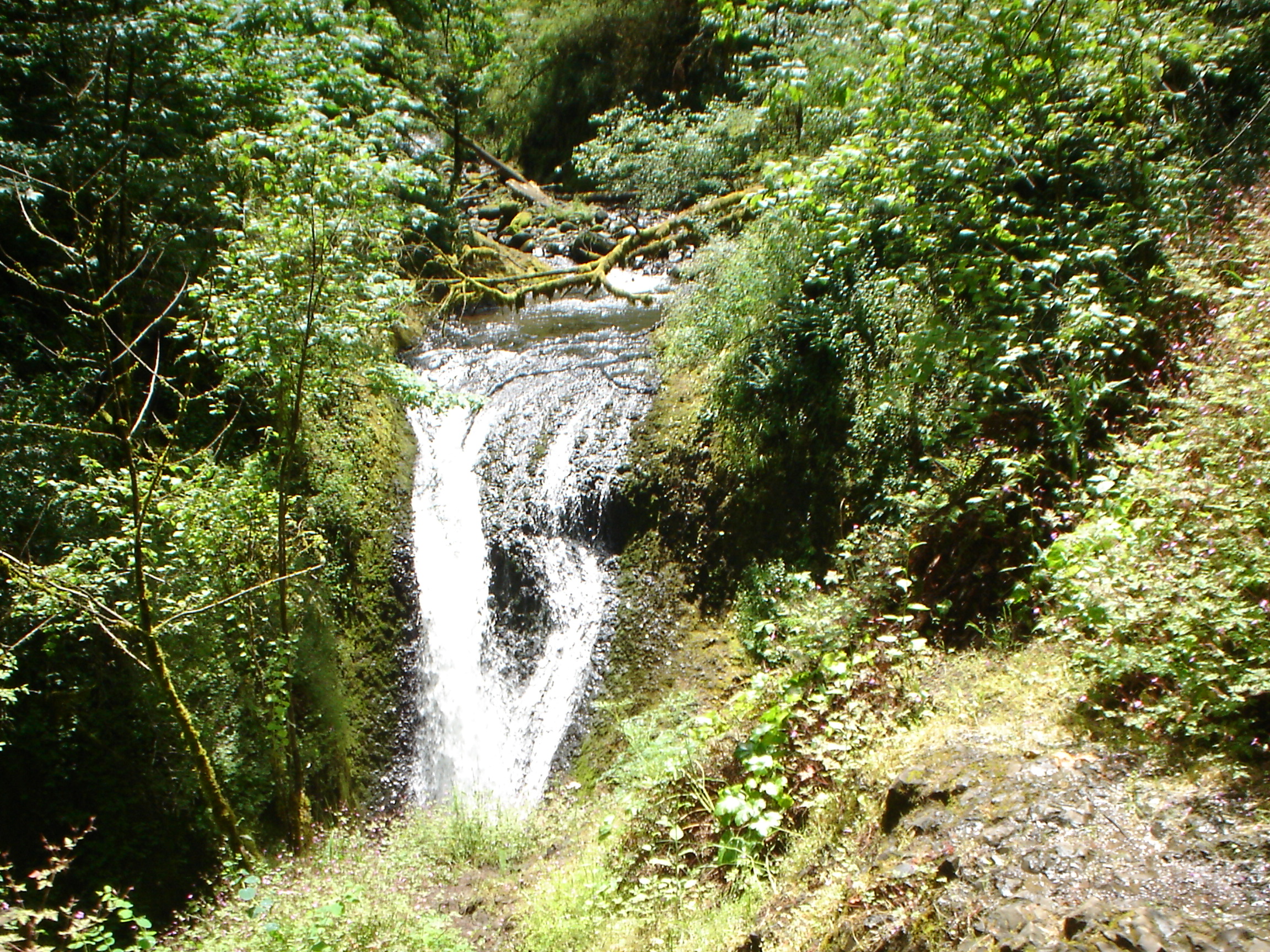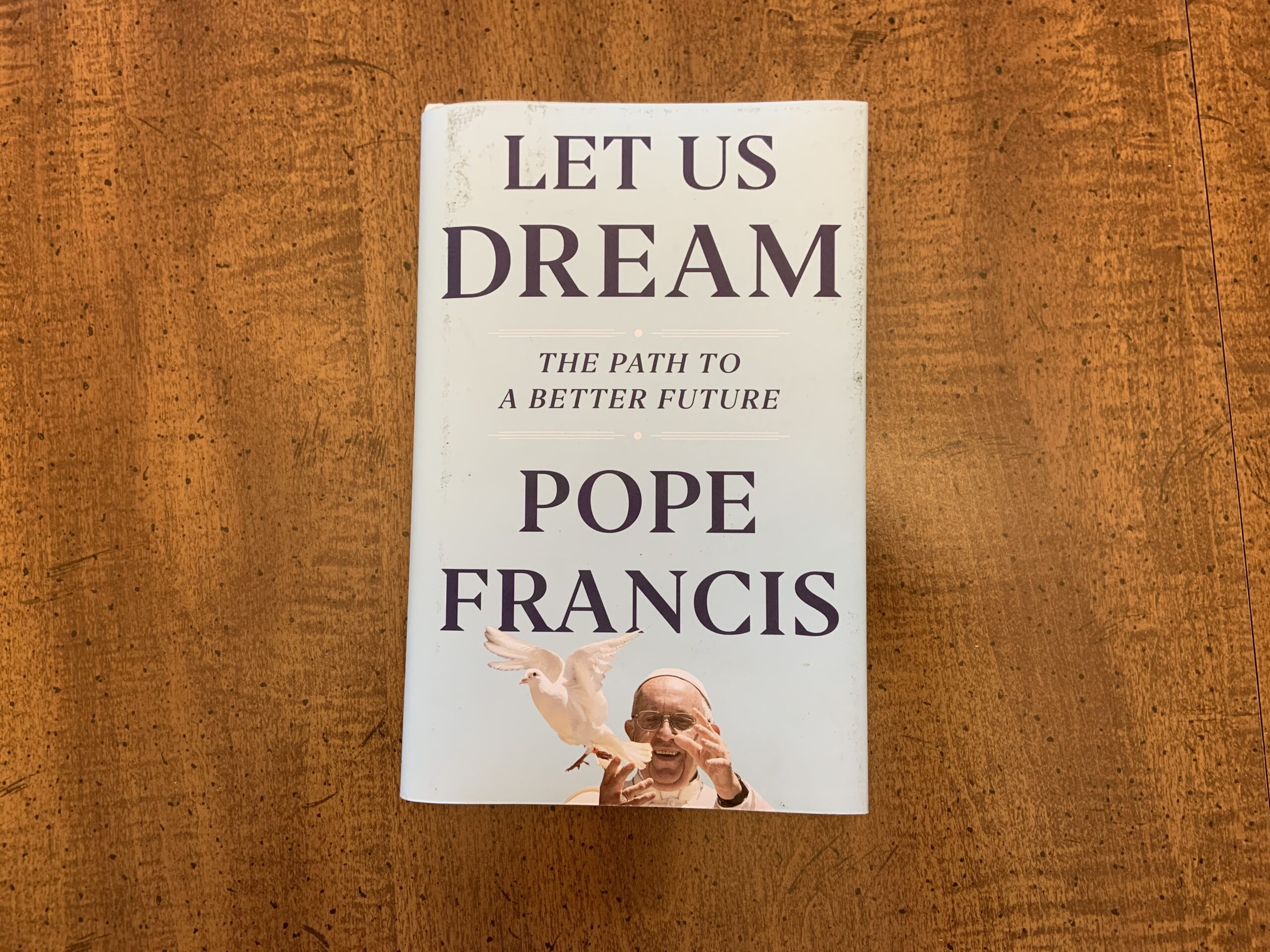Homily/Homilía for XXII Sunday
“Take up your cross”
(To be evangelized is a lifetime pursuit for people of faith. The Sunday homily is an important part of our taking time for spiritual reflection. As I begin this website, I plan on offering some of my reflections in preparing for a Sunday homily. It is not my custom to read a homily, but I hope to use my Saturday blog to proclaim the word, especially for migrants and volunteers in migrant ministry.)
In today’s gospel, Jesus told the Apostles that he “must go to Jerusalem … suffer greatly … be killed … and on the third day be raised.” Peter said, “God forbid.” Then Jesus tells what a disciple must do. “Whoever wishes to come after me must deny himself, take up his cross, and follow me.”
At this moment, our cross appears all around us. A pandemic infects our world. We know people or families suffering from COVID19. Schools may or may not stay open. A hurricane ravages Louisiana and neighboring states. Rage and violence shock us. Our religious routine is disrupted. Misinformation, lies, racism and hate distort the social conscience of our nation. It is not difficult to see the cross in our lives. We look to faith for consolation and hope. Today’s readings are not very consoling or hopeful. Jesus says, “take up your cross”. How are we supposed to “follow Him”?
In the first reading, Jeremiah complains to God about people rejecting his teaching. He says to God, “You seduced me, O Lord.” He faced violence, outrage and reproach. He did not want to even mention God, but then the word of God “becomes like fire burning in his heart.” He could not hold it in.
For Paul, in baptism we become one with Christ on the cross and in his resurrection. In today’s reading, Paul tells us to offer our bodies as a living sacrifice. He says, “Do not conform yourselves to this age.”
What does it mean to “take up our cross”? What does it mean to “not conform to this age? With all of the tragedies and suffering around us, it is difficult to see light and hope. Yet, for Jeremiah, the word of God became like fire burning in his heart. Paul told us to “be transformed by the renewal of the mind.” And Jesus simply said, “Follow me.”
COVID19 challenges our experience of celebrating faith. With churches closed, our prayer life is challenging. We miss the support of others on our journey of faith. We live in a state of constant reminder to protect ourselves and others. Even in Church, we cannot get away from a pandemic that is changing every aspect of our lives.
This summer, I spent six weeks with migrant farmworkers in Oregon. From 1998 to 2010, I offered a sacramental mission for cherry harvest workers in The Dalles, Oregon. On arrival, I was aware of criticism that I would gather people in migrant camps for Mass. Asking people to keep appropriate distance, I worried that my small sound system would not be sufficient. I want to share two blessings and an observation relating to today’s readings.
The first blessing was the welcome I received from not only the workers, but also from the growers and the health care community of The Dalles. One morning walking by an orchard I heard workers in the trees talking about having Mass in the camp that evening. One man cried out, “Nuestro Padre Miguel ha regresado.” (Our Father Mike has returned)
The second blessing was in the joy that people had in being able to attend Mass. Many spoke about churches being closed where they came from. Many spoke of how much they missed the Mass over the previous months. At the Masses, almost everyone wore masks and kept proper distance. The attention of people during the Mass was noticeable. Even the children were better behaved.
Like Jeremiah, with all the challenges of life today, they experienced “the word of God like a fire burning within them.” The migrants did not conform to the sadness of our times, but found ways to express their faith and joy.
May God bless and protect all those working in agriculture.
“Toma tu cruz”
(Ser evangelizado es una búsqueda de por vida para las personas de fe. La homilía dominical es una parte importante de nuestro tiempo para la reflexión espiritual. Al comenzar este sitio web, planeo ofrecer algunas de mis reflexiones para preparar la homilía dominical. No es mi costumbre leer una homilía, pero espero usar mi blog de los sábados para proclamar la palabra, especialmente para los migrantes y voluntarios en el ministerio de migrantes).
En el evangelio de hoy, Jesús les dijo a los apóstoles que “debe ir a Jerusalén … sufrir mucho … ser muerto … y al tercer día resucitar”. Pedro dijo: “No lo permita Dios”. Entonces Jesús dice lo que debe hacer un discípulo. “El que quiera venir conmigo, que renuncie a sí mismo, que tome su cruz y me siga”.
En este momento, nuestra cruz aparece a nuestro alrededor. Una pandemia infecta nuestro mundo. Conocemos personas o familias que padecen COVID19. Las escuelas pueden permanecer abiertas o no. Un huracán azota Luisiana y los estados vecinos. La rabia y la violencia nos conmocionan. Nuestra rutina religiosa se ve interrumpida. La desinformación, la mentira, el racismo y el odio distorsionan la conciencia social de nuestra nación. No es difícil ver la cruz en nuestras vidas. Buscamos en la fe consuelo y esperanza. Las lecturas de hoy no son muy consoladoras ni esperanzadoras. Jesús dice, “toma tu cruz”. ¿Cómo se supone que debemos seguirlo?
En la primera lectura, Jeremías se queja a Dios de que la gente rechaza su enseñanza. Él le dice a Dios: “Me sedujiste, oh Señor”. Se enfrentó a la violencia, la indignación y el reproche. Ni siquiera quería mencionar a Dios, pero entonces la palabra de Dios “se vuelve como fuego que arde en su corazón”. No pudo contenerlo.
Para Pablo, en el bautismo nos convertimos en uno con Cristo en la cruz y en su resurrección. En la lectura de hoy, Pablo nos dice que ofrezcamos nuestros cuerpos como sacrificio vivo. Él dice: “No se conforme a esta era”.
¿Qué significa “tomar nuestra cruz”? ¿Qué significa “no conformarse a esta era? Con todas las tragedias y el sufrimiento que nos rodea, es difícil ver la luz y la esperanza. Sin embargo, para Jeremías, la palabra de Dios se volvió como fuego que arde en su corazón. Pablo dijo “sean transformados por la renovación de la mente”. Y Jesús simplemente dijo: “Sígame”.
COVID19 ha cambiado nuestra experiencia de celebrar la fe. Con las iglesias cerradas, nuestra vida de oración es un desafío. Extrañamos el apoyo de otros en nuestro camino de fe. Vivimos en un estado de recordatorio constante para protegernos a nosotros mismos y a los demás. Incluso en la Iglesia, no podemos escapar de una pandemia que está cambiando todos los aspectos de nuestras vidas.
Este verano, pasé seis semanas con campesinos migrantes en Oregon. De 1998 a 2010, ofrecí una misión sacramental para los trabajadores de la cosecha de cerezas en The Dalles, Oregon. Al llegar, me di cuenta de las críticas de que reuniría a la gente en los campamentos de migrantes para la misa. Al pedirle a la gente que mantuviera la distancia adecuada, me preocupaba que mi pequeño sistema de sonido no fuera suficiente. Quiero compartir dos bendiciones y una observación relacionada con las lecturas de hoy.
La primera bendición fue la bienvenida que recibí no solo de los trabajadores, sino también de los orchardistas y la comunidad médica de The Dalles. Una mañana, caminando por una huerta, escuché a trabajadores en los árboles hablando de que va a tener misa en el campamento esa noche. Un hombre gritó: “Nuestro Padre Miguel ha regresado”.
La segunda bendición fue el gozo que la gente tenía de poder asistir a la Misa. Muchos hablaron sobre el cierre de iglesias de donde venían. Muchos hablaron de lo mucho que se extrañaron la misa durante los meses anteriores. En las misas, casi todo el mundo usaba máscaras y mantenía la distancia social. Se notó la atención de la gente durante la Misa. Incluso los niños se portaban bien.
Como Jeremías, con todos los desafíos de la vida de hoy, ellos experimentaron “la palabra de Dios como un fuego que arde dentro de ellos”. Los migrantes no se conformaron con la tristeza de nuestro tiempo, pero encontraron formas de expresar su fe y su alegría.
Que Dios bendiga y proteja a todos los que trabajan en la agricultura.




